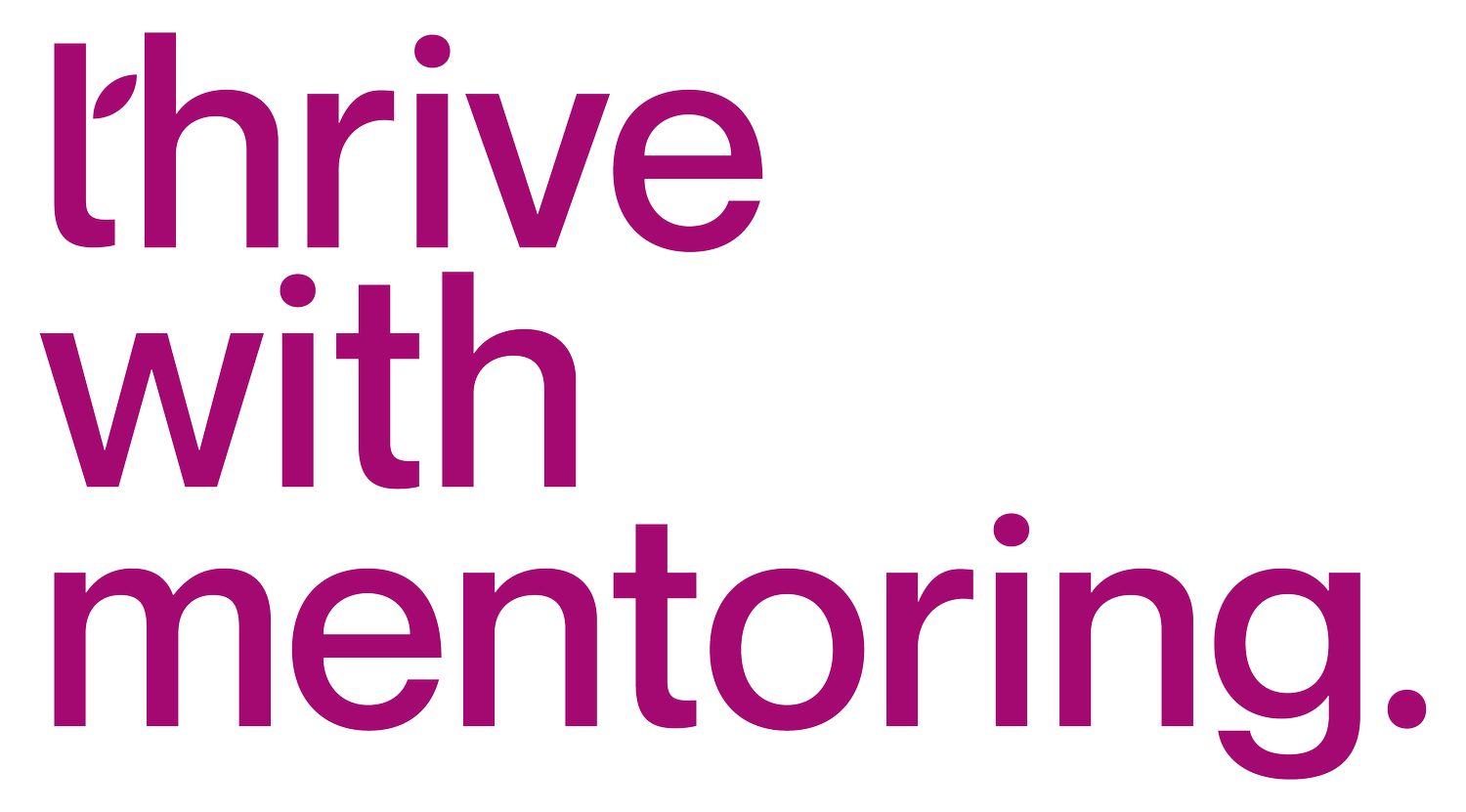Personal Branding- How to turn your quirk into a virtue?
It is Game of Thrones season, and the phrase “what is dead may never die” comes to mind when you think of House Greyjoy. The men and women of this house have done it proud. But whenever I am reminded of this phrase, I also end up thinking about Marilyn Monroe and then Coco Chanel.
Marilyn Monroe played the clichéd dumb blonde on screen and off screen she read literature. She became a bigger brand after her demise in 1962. I am sure that even if you don’t know the specifics on Monroe or why she’s a brand, you’ve at least heard of her. It is said that she spent most of her life understanding who she was and what she wanted to do. In a world of bullying men, uncalled for masochism and just downright misogynistic tendencies, she meant business. She reportedly quipped, “Women who seek to be equal with men lack ambition.”
Coco Chanel was born in 1883. She defined fashion, class and luxury for women in that era. Chanel is a high-end fashion brand today. Coco was the only designer to appear on Time magazine's list of the 100 most influential people of the 20th Century. Marilyn Monroe had famously answered the question “What do you wear to bed?” with the line “Just a few drops of No5” in an interview.
Chanel No5 is iconic in our society. The messages and brand image are always consistent and align with Coco Chanel’s original brand values and beliefs. The logo and typography dates back to the 1800’s making the brand even more special, and the messages even more unique. The minimalist design of the logo and typography (black and white were the only colours used,) has resulted in the brand identity remaining modern and still usable, with no brand revitalisation needed. This is clear and consistent messaging since the 1800’s. Not many other brands would be able to stand the test of time! Even today Chanel has remained one of the classiest, designer brands on the market, making the brand even more equitable and unique!
So what did these ladies do? They turned who they were, their strengths, and their quirks into a brand.
Let’s think about how you can go about this journey of building a personal brand. When you start thinking about your #PersonalBrand- I would recommend that you start thinking about 3 specific elements - and start building your brand where these intersect.
1. Your skills and expertise
2. Your strengths that are valued by the system you are a part of
3. Your vision for your future
Your skills and expertise
Your skills and expertise are the rucksack you have built up as a result of your education, your work experience and your life experience. This may be specialist knowledge that made you a subject matter expert, it might be technical skills you learnt lets say in marketing or skills you learnt as a people manager. That will always remain the starting point for your brand - because that experience gives you credibility.
Let’s go with the example that you are a marketing manager. Your typical day involves weaving in customer insights in to your marketing strategy, and integrating them as creatively as you can. Your role also demands that you leverage data to plan campaigns and use new communication channels. Sometimes you also create content for all these channels and make budget decisions. All of this, all of these things that you do - are your skills and expertise. Some you are naturally great at, others you’ve cultivated over time.
2. Strengths that differentiate you
It's important to have insight into your strengths - those innate qualities that are unique to you. Feedback from your stakeholders and tools such as the Gallup StrengthsFinder can help. The idea is to identify those strengths that :
a. are valued by the organisation that you are working in or the business context in which you need to operate.
b. Differentiate you as compared to the others. This is where the quirkiness comes in.
Psychometric tools will help you understand your talents and which of those skills come to you naturally. This could be you finding joy in meeting new people, or in planning all the aspects of a campaign, or studying about different communication channels and so on. Once you realise the bits that are your most natural abilities, you know exactly what you need to focus on and that they will give you the highest returns.
3. Your vision for your future
Where are you going? What's your calling? How do you want your future to look? This is an important element of how you start building your personal brand. Really figuring out what gives you energy – and what sort of life you want to lead in the future.
For instance you may be one of the marketing managers for a large brand in a corporate now, but your dream is to build your own marketing agency providing services to small and medium sized enterprises. Then you need to have that vision in your mind as you start the personal branding journey.
Personal Branding requires self-awareness and also feedback from those who know you. You can start building a brand depending on the clarity you achieve at a particular point in time – but it is a dynamic process. As your reality changes – may be you moved from being employed to becoming an entrepreneur – you need to go back to the drawing board and see what has changed. Hence Personal Branding is a journey.
All the best with this process and if you need a sounding board as you develop your #PersonalBrand - please write to me at shivangi@shivangiwalke.com
